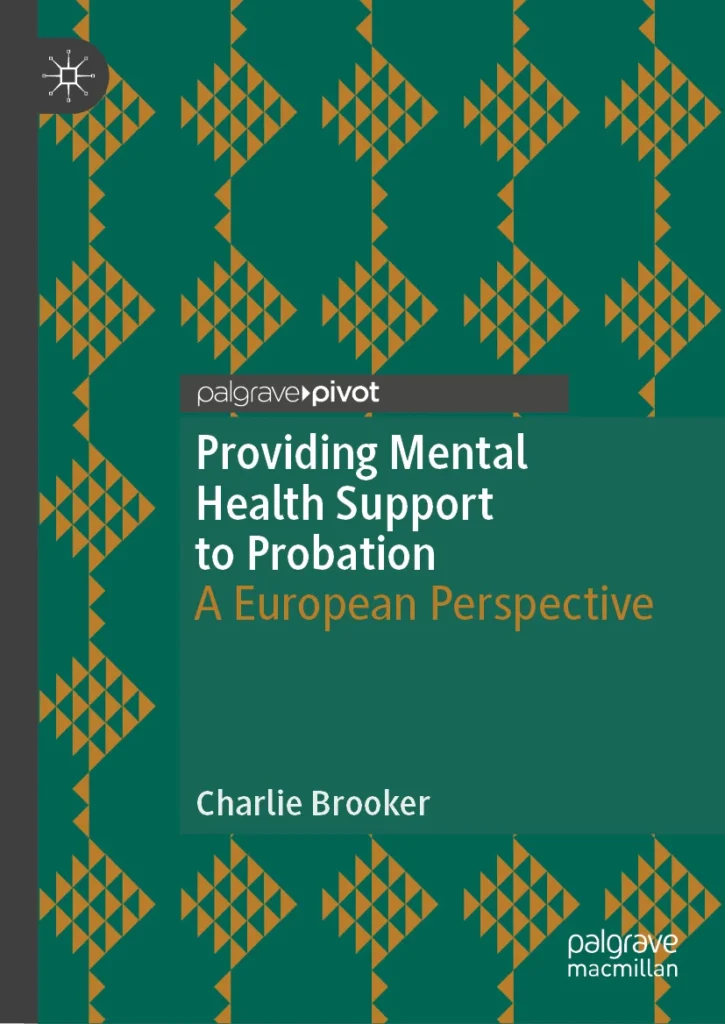I successfully qualified in 2014 having completed three and half years of study through the Robert Gordon University interwoven with my trainee work and supported by my employer. During this time I undertook a three month placement within the Madeiran Probation Office and a six month placement with the Fostering and Adoption team here in Jersey. Both the study and experiences of my placements, together with the experience and knowledge of my colleagues here at the Jersey Probation and After Care Service proved invaluable in terms of the breadth of knowledge I have acquired over the past few years.
The next part of this article is a little more difficult to showcase all the work and duties involved in a day in the life of a Probation Officer. I therefore intend to give a snapshot of a day, however also include the numerous other tasks we have to do, at sometimes quick notice, due to the complexities and crises that can occur with the clients that we deal with.
The Morning
A typical morning for me is arriving at work for 9 AM. I log on and scan any emails that have been sent overnight and head to our regular morning meeting where we discuss the Court results from the previous day, today’s court list and any other relevant practice issues.
The rest of the morning will be taken up by a range of duties including:
- Representing the service in Court.
- Attending Multi-agency public Protection meetings, where I will contribute to the assessment and management plans of some of Jersey’s high risk offenders.
- Visiting HMP La Moye to either prepare Court reports on clients on remand or supervise serving prisoners with a view to helping them resettle safely in the community.
Somewhere between 12 – 2 AM, I grab some lunch! I tend to head up the road most days to my local, Aquila Café, where I am a regular customer! Aurelia’s tuna mix sandwiches and coffee are excellent!
The afternoon
So onto the afternoon… This is when I will see clients who are subject to Probation Orders. My job is to help them make changes in their lives that will hopefully reduce their risk of re-offending. This can include both individual and group work. I have recently finished co-leading the Aggression Control Training programme which we run in-house. This programme is aimed at men who have had difficulty in coping with their violence. Individual work is also important and some time in my working week is also spent preparing sessions for clients to consider subjects, such as alcohol and drug misuse, relationship difficulties and how they solve their problems. These sessions can last typically between 30 minutes to an hour.
Another important part of my role is interviewing clients on whom I am preparing a Social Enquiry Report requested by the courts, to assist in deciding sentence. This involves interviewing the client on at least two occasions to gather significant information about their lives and any problems they may be experiencing that have contributed to them getting into trouble. Part of this process may also involve contacting victims and/or family members.
The end of the day
At the end of a busy day, which sometimes can be after 6/7 PM, I ensure I reply to emails, type up contact notes, return phone calls and check my diary to make sure I am prepared for the next day. Probation officers also are rostered to cover youth Parish Hall Enquiries, so every few weeks, I also do this duty.
Working in the Probation Service can be emotionally draining, but also incredibly rewarding. Some of my clients have endured difficult lives and are desperate to try and change their situation. Unfortunately, there will be a minority of people who continue to display challenging behaviours that can put others at risk. I need to be flexible in my approach and although I will always try to listen and help, I’m not afraid of being clear and direct when necessary.
I’m pleased to say that most of my clients complete their Probation Orders successfully without getting into further trouble which is satisfying on both a personal level, as I like the feeling of helping people move their lives in the right direction, but also in the knowledge that my colleagues and I are making a useful professional contribution to the island.
The variety of work, meeting people from different walks of life and the good feeling that you are helping someone to change their lives in a positive way, is what I like the most in my work as a Probation Officer. The work undertaken through a Probation Order is getting clients to understand the triggers and patterns to their offending, motivating them to set themselves the goals that they want to meet, getting them to address their risk and also getting them to recognise their need to change.












